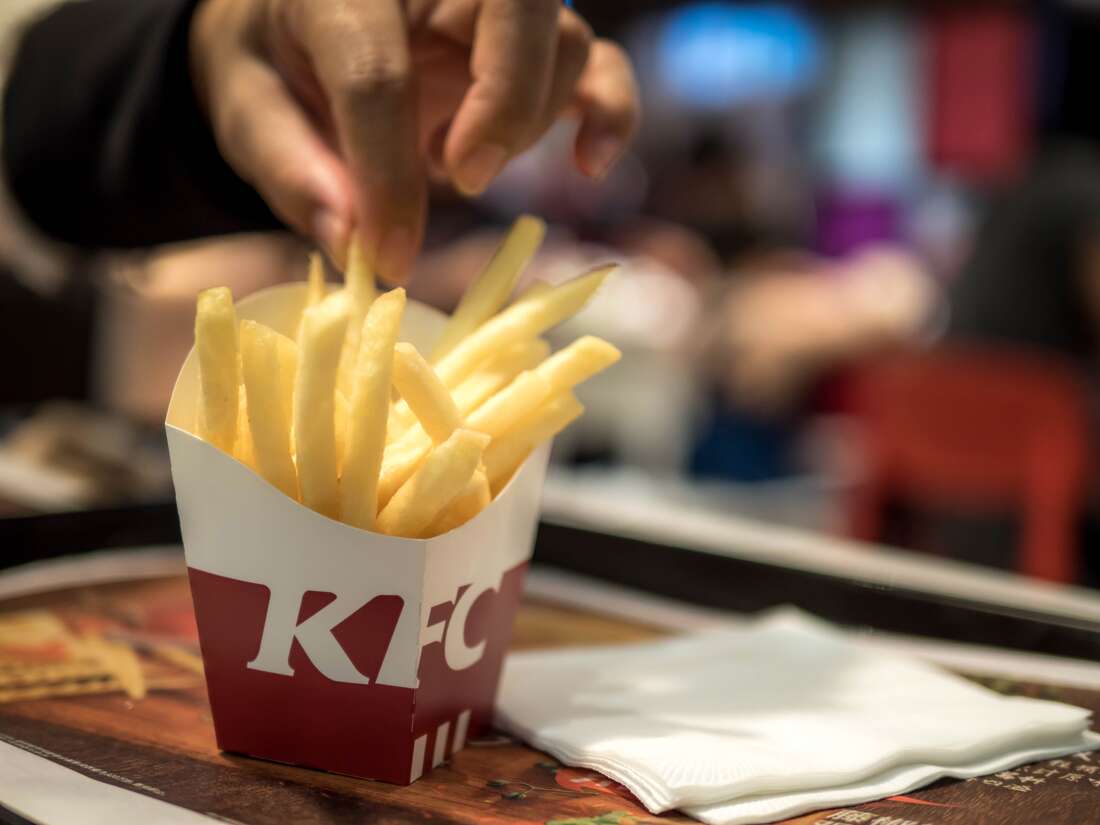The public furore that erupted after the giant American fast-food chain KFC disclosed that it does not source potatoes locally because of quality standards has highlighted a major deficiency in economic policy-making in this country.
We don’t have policies to guide and commit international investors to put money into developing local supply chains.
A recent article in the Harvard Business Review describes how —in some emerging markets — KFC sources potatoes locally and how the fast-food giant deliberately follows a policy of buying locally in some of the markets to strengthen government relations.
That in those markets, the only thing KFC imports are certain herbs and spices for its ‘secret chicken fried recipe’ that can’t be obtained in those markets. Why can’t this happen here?
Make no mistake. I am not suggesting that the government make it mandatory for multinationals to put in money in developing local supply chains. Indeed, many firms have come to realise that it just makes strategic sense.
Isn’t this the biggest lesson we learnt at the height of Corvid-19 when we saw global companies who source raw materials from abroad facing pressures due to unprecedented disruptions on global supply chains?
Companies that modelled their operations around investing in developing local supply chains emerged unscathed from those Covid-19 disruptions.
In many markets, the large western-style fast food restaurant chains deliberately invest in developing networks of distributors to ensure food is handled properly from the farm to the restaurant.
With the experience of Corvid-19, it will not take long before KFC and the international restaurant brands in Kenya start seeing strategic sense in putting money in developing local potato supply chains.
I can single out East African Breweries Ltd #ticker:EABL as one of the companies that has only recently executed a successful operation modelled around developing local supply chains for raw materials.
I refer to the new Kisumu Breweries factory. In the last two years, the company has spent billions of shillings on developing a stable and high-quality sorghum value chain.It has had to spend billions to roll out sorghum extension programmes covering aspects such as access to inputs and credit, joint collection centres, mechanisation and contract farming. This is a value chain that includes 2,608 farmers spread across many counties.It is estimated that to run and maintain the Kisumu plant, which has a capacity of a million hectolitres of alcohol, EABL will require nearly 40,000 metric tonnes of sorghum every year.How do we incentivise investors […]
